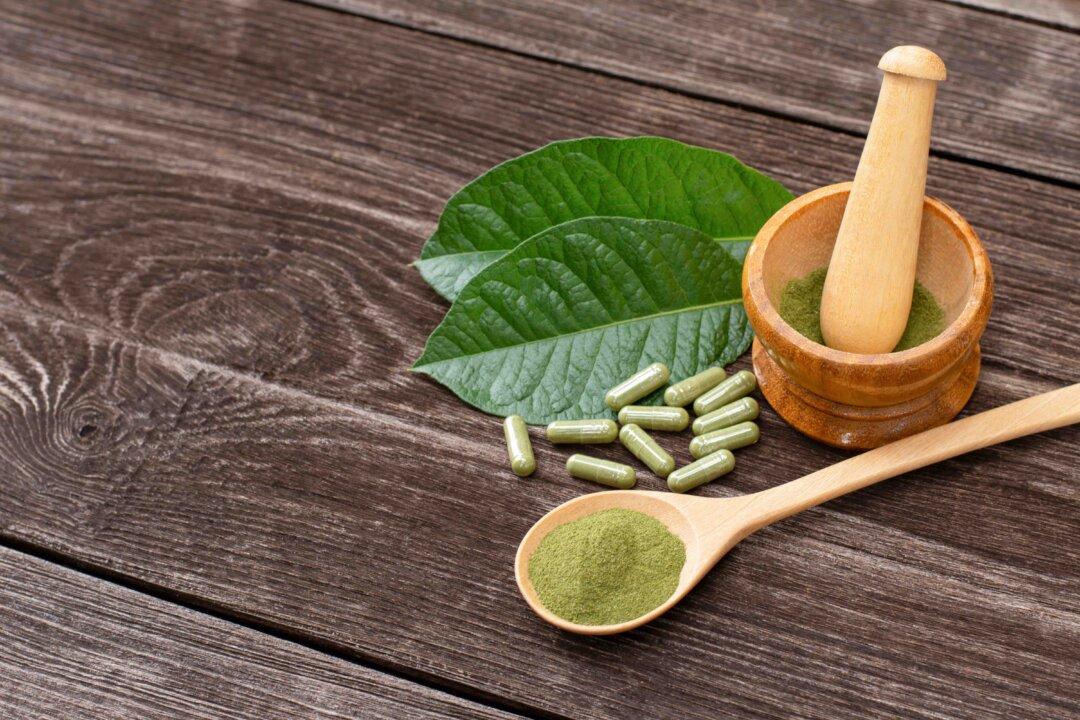Kratom is a tree in the coffee family. It’s found in Thailand and neighboring countries. For centuries, people in Southeast Asia have used its leaves for both increased energy and relaxation. More recently, people around the world are using it to treat pain or manage opioid withdrawal symptoms. But kratom’s safety and effectiveness haven’t been well studied.
In the U.S., kratom is marketed as a dietary supplement. That means it’s not regulated by the FDA. Many products sold as kratom have been found to contain harmful contaminants, like heavy metals and bacteria.





